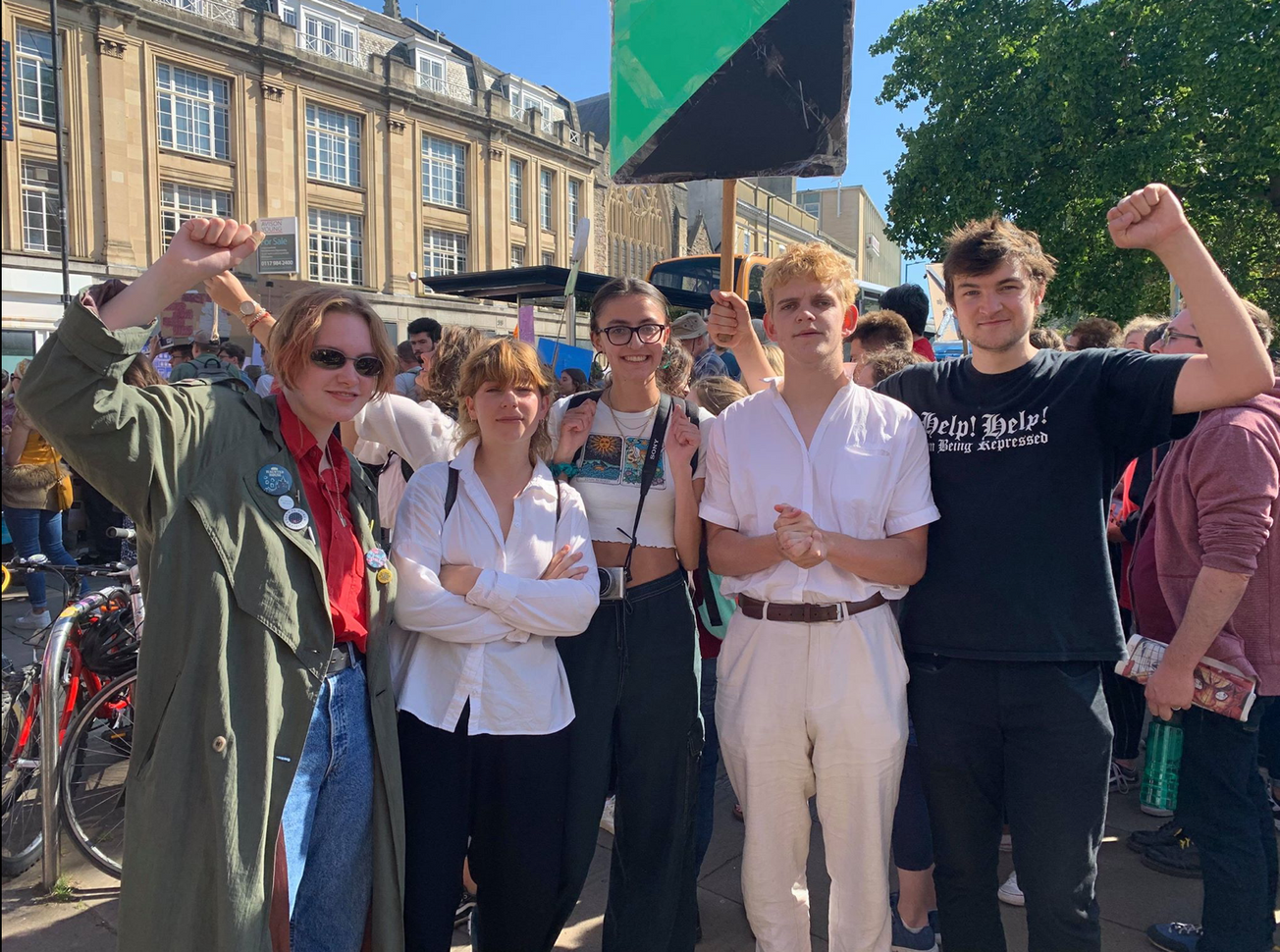By Billy Stockwell, 1st year, Geography
The world is falling desperately behind on its climate commitments and within the next 11 years our entire civilisation is destined for the chopping block. University students must do more to fight for climate justice.
The Amazon rainforest fires continue to burn. Floods in central and southern Spain submerge entire towns. Hurricane Dorian leaves its scars on the land of the Bahamas, and in the hearts of those displaced. Heatwaves in Europe set record highs for Belgium, Germany, Luxembourg, the Netherlands, and the UK.
The world is falling desperately behind on its climate commitments, and without war-time level efforts within the next 11 years our entire civilisation is destined for the chopping block. So yeah, my summer has been good thanks. This summer has seen headline after headline covering the climate catastrophe, especially for those who get their daily fix of nihilism from the Guardian. It’s been relentless.
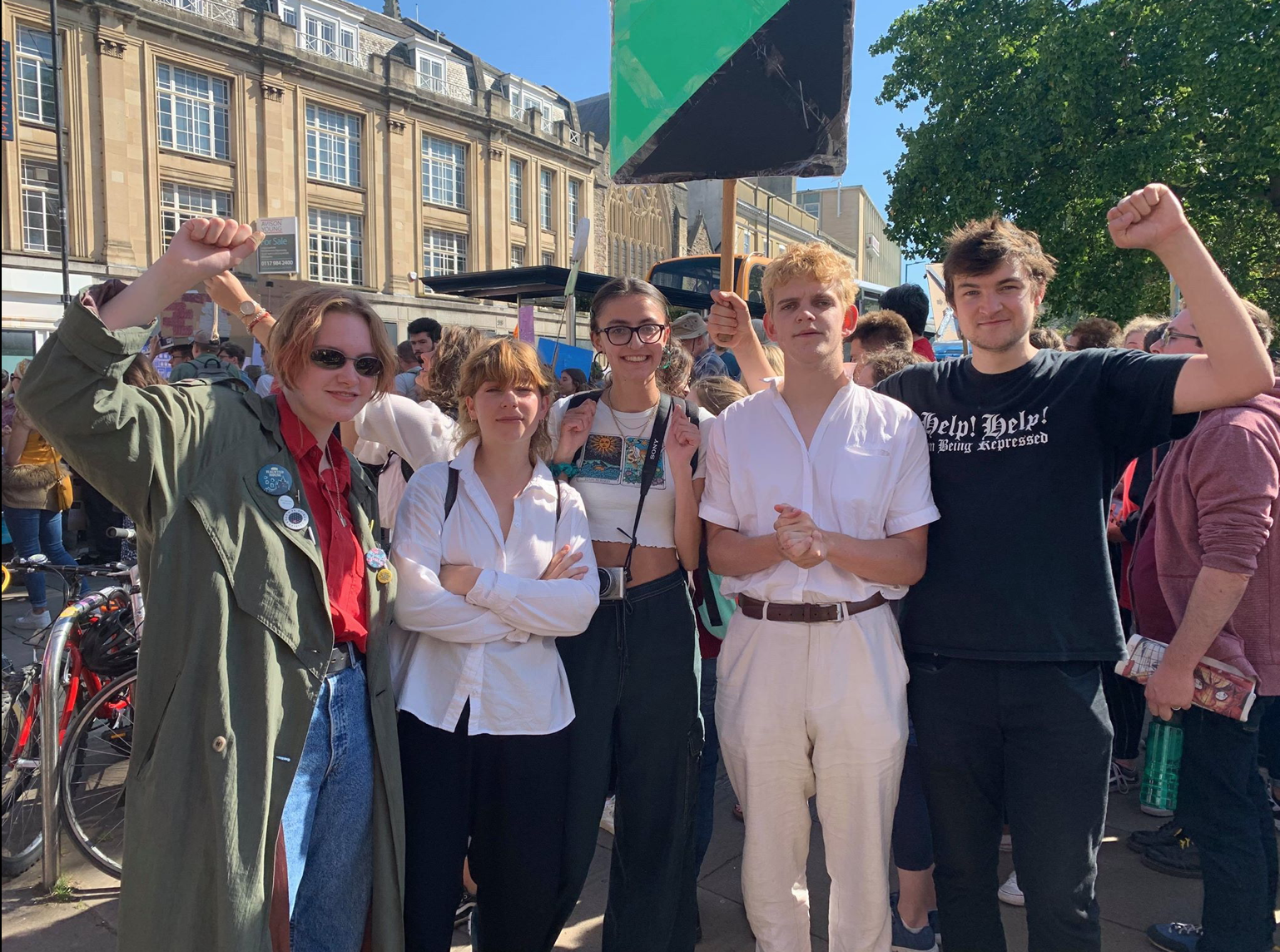
Alarming as it may sound, it’s the reality of the situation, and it’s finally being internalised. Youth organisations across the globe are holding global leaders to account for their criminal inaction towards the climate crisis.
Since Greta Thunberg inadvertently kick started the school strike movement last August, caring about the environment no longer seems reserved for niche campaign groups. A unified, international voice has been claimed. Finally, the global North has begun waking up to the severity of the crisis at hand.
‘For movements in the global South this recent burst of activism is not just welcome, but vital. You are bloody late but it’s still good to have you join our fight.’ - Executive Director at War on Want, Asad Rehman
The fight for climate justice is not new. It’s an extension of the fight against conquest, slavery and colonialism. Communities in the global South having been fighting for generations to protect not only their land and resources, but also themselves.
As climate justice essayist, Mary Annaïse Heglar, admits ‘In far too many ways, Black people were the natural resources exploited for profit, just like fossil fuels are today’. So long as the hierarchy of profit over people remains in place, any talk of progress is non sensical.
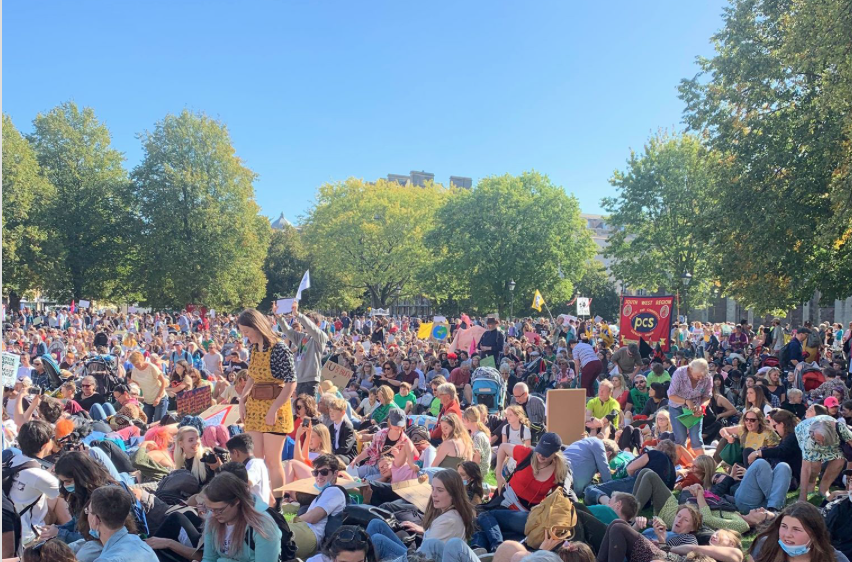
This is a hierarchy that Universities had, and still have, a deep and reoccurring relationship with. Bristol University’s links to slavery have rightly faced much public scrutiny over the years, due to its historic ties to the trade, and its reluctance to confront and properly investigate these ties. But sadly, systems of oppression rarely disappear; they merely shape-shift, under our noses, into forms which society deems temporally acceptable.
‘If solutions within the system are so impossible to find, then perhaps we should change the system itself.’ - Greta Thunberg
UK universities have more than £5.2 billion invested in fossil fuel companies and ‘maintain strong partnerships with some of the worst-offending companies in the world like ExxonMobil, BP and Shell’, according to research carried out by People & Planet.
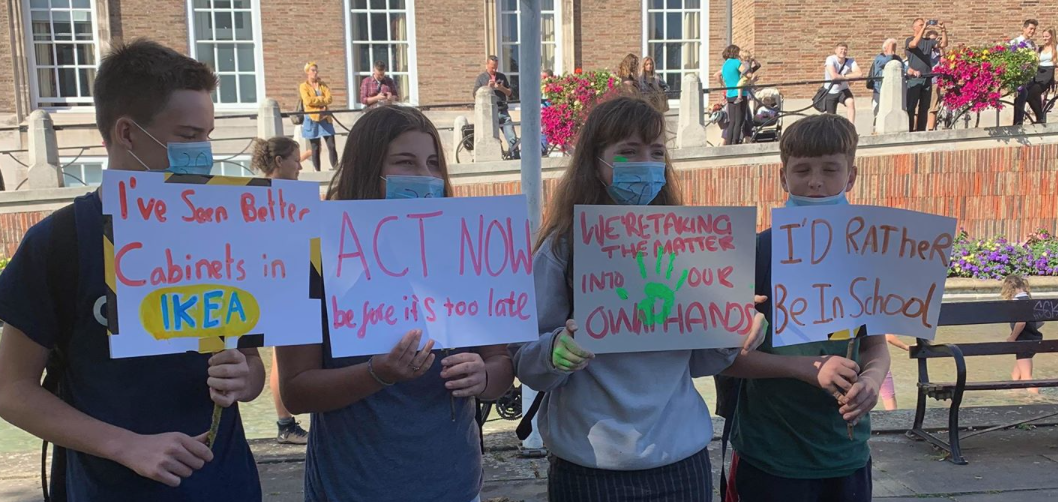
Thanks to the success of People & Planet’s Fossil Free campaign last year, Bristol University announced their pledge to fully divest from fossil fuels within two years. However, little to nothing has been shared as to how the University is planning to move its £1.18m presently invested in the industry. Further to this, the University continue to bank with Barclays, who have funded the fossil fuel industry to the tune of $85bn over the past three years.
So if you take the bus to cut emissions, eat less meat to curb deforestation, wear bamboo socks, only charity shop and inter-rail instead of long-hauling it to Thailand, don’t worry so much, really! Because whilst your oat latte is going cold, your tuition fees are drip by drip making their way into the hands of the fossil fuel industry. That’s not on. We have a fundamental right, as students, to have a voice when it comes to how and where our University invests its money. It’s as simple as that.
So, students and staff of UoB, this is your business too. We need to unite behind this movement, not just because of Bristol’s monetary involvement, but because it’s what is right.
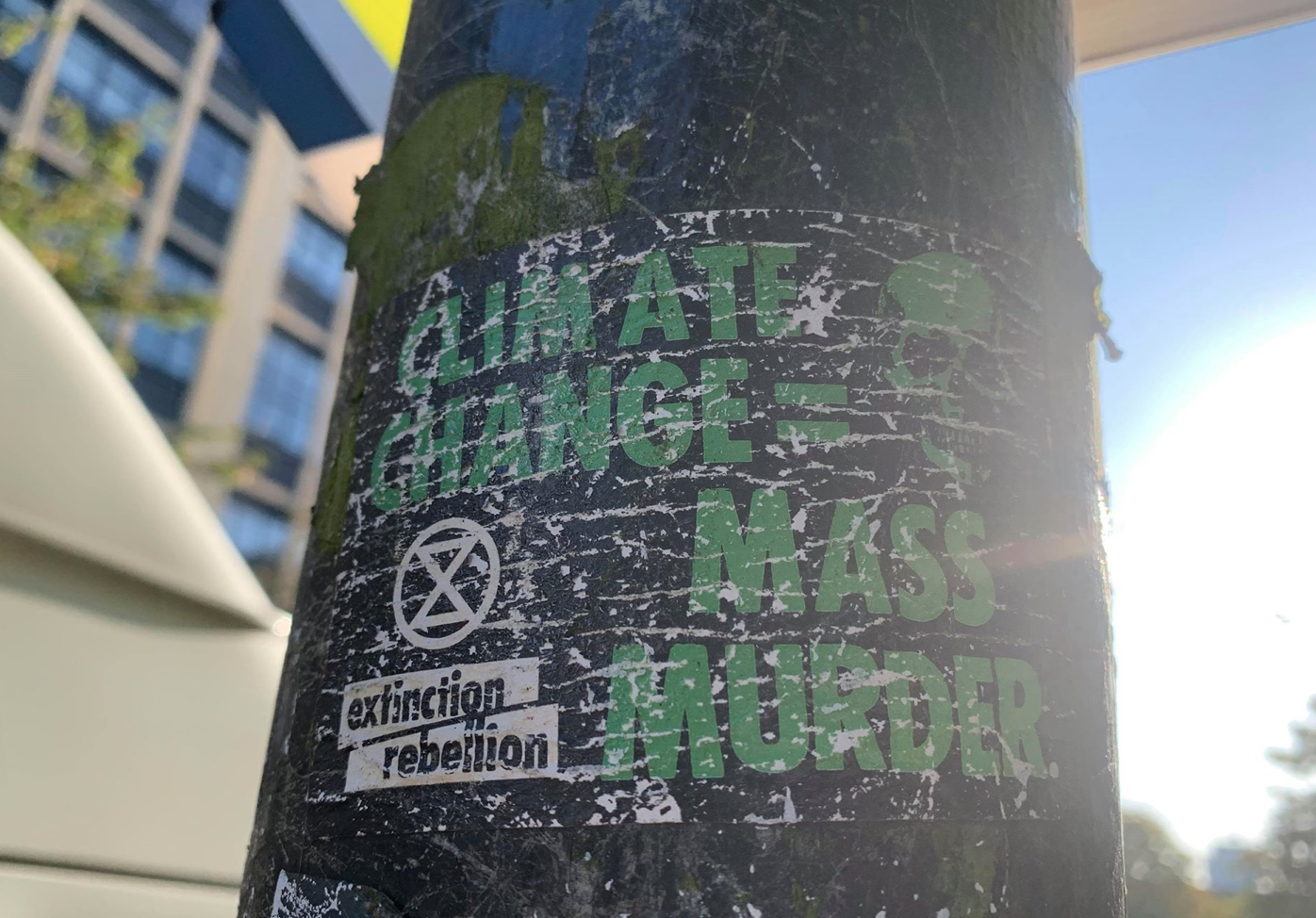
This is a scary moment in time, and I don’t mean historically, I mean right now. Perhaps not for you, but certainly for the mothers and fathers and children of the Bahamas returning home to their flooded, broken family homes. For them, this is apocalyptic.
I urge you, please connect with these people emotionally, because for them climate justice isn’t a fad. Admittedly, there are many issues within the climate movement, but - however you see fit - engage with it, improve it, develop it. For the most part, climate breakdown is not a scientific problem - for we already have the solutions - but rather, an emotional one.
In Greta Thunberg’s words, 'see you on the streets'.
Featured: Epigram / Sabrina Miller
Do you think the university needs to be doing more to fight for climate justice?

